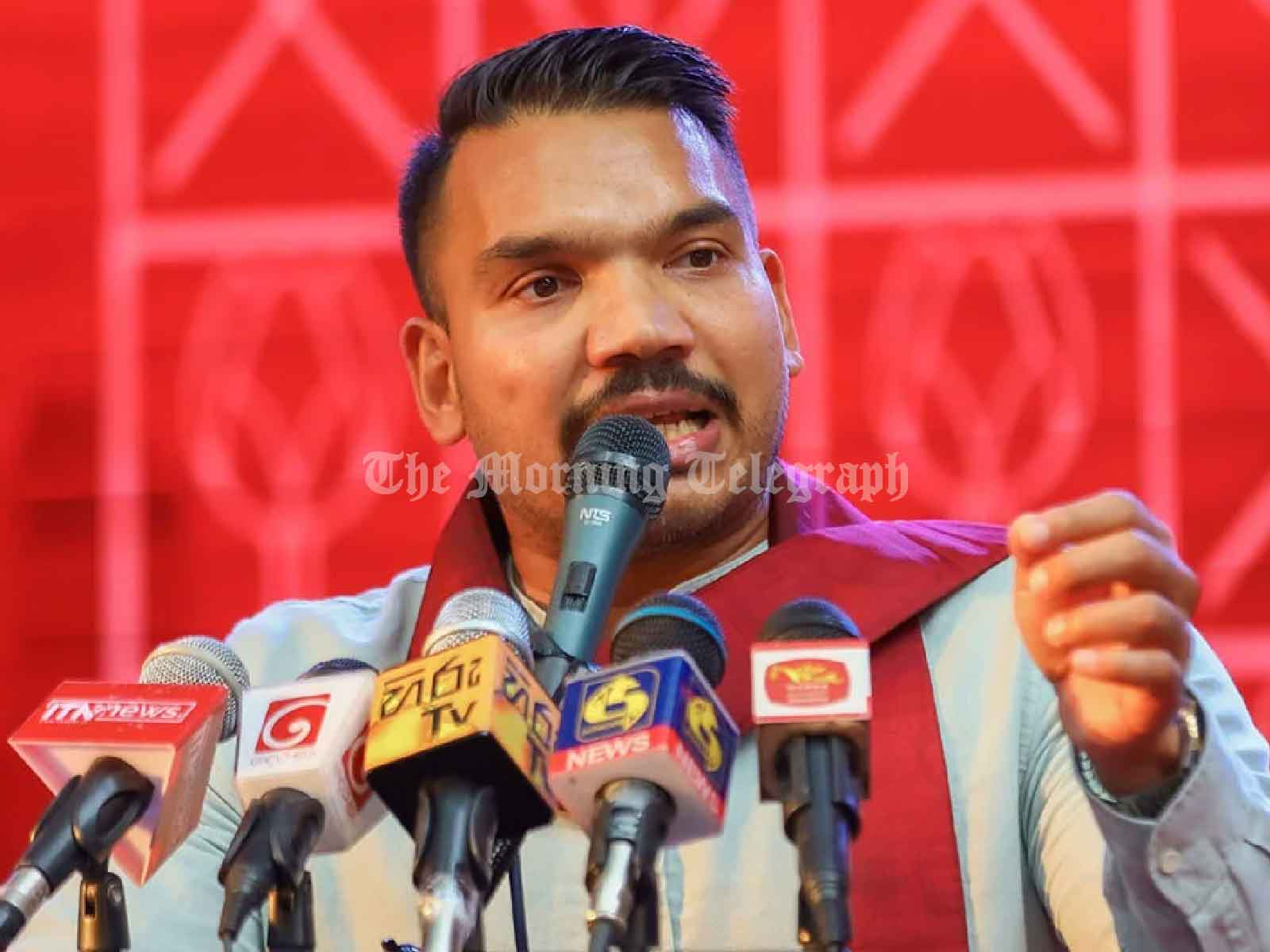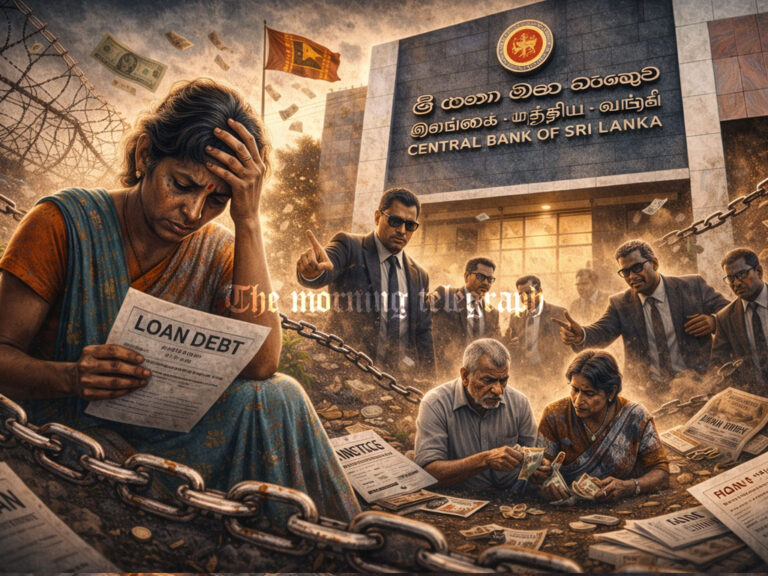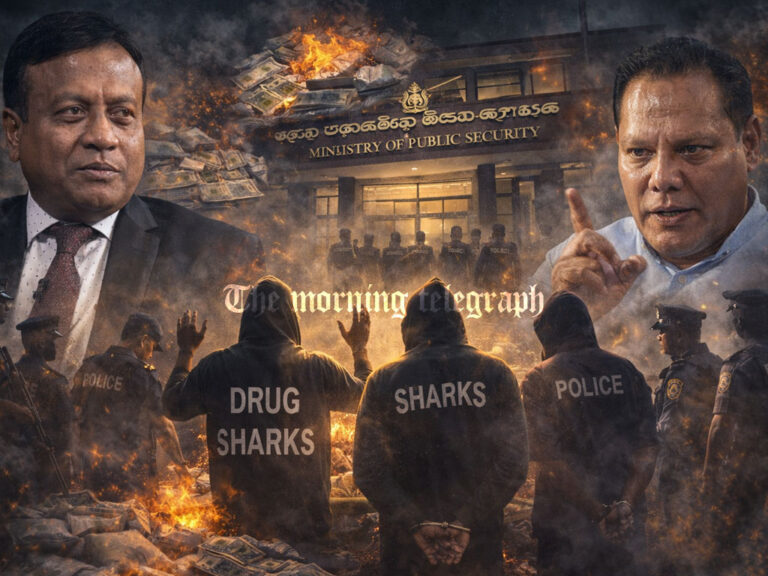
Namal Rajapaksa, the Sri Lanka Podujana Peramuna (SLPP) presidential candidate and Member of Parliament, has strongly defended his family against the accusations leveled at them by the Good Governance government, accusing it of wasting taxpayer money on politically motivated investigations. Addressing a large crowd in Naula, Matale, Rajapaksa recounted how the previous administration pursued a campaign of legal action against him and his family, using state resources to fund court proceedings based on false claims.
Rajapaksa revealed that despite a series of high-profile investigations, including searches of his family’s homes for luxury cars like Lamborghinis, no evidence of illegal asset accumulation was found, and they were acquitted of all charges. He noted that millions of rupees in taxpayer money had been spent on what he called a witch-hunt, aimed at tarnishing the Rajapaksa family’s reputation. “We laugh now at the absurdity of those investigations,” he remarked, adding that many of the leaders who led these efforts are still part of the current government.
Reflecting on the political landscape, Rajapaksa pointed out that successive governments before his father, Mahinda Rajapaksa, failed to develop the country effectively, leaving Sri Lanka stuck in cycles of corruption, terror, and war for decades. He praised his father’s leadership, noting that Mahinda’s government ended the civil war, bringing peace and security to the country. Namal Rajapaksa contrasted this with what he described as the ineffectiveness of other past leaders, including J.R. Jayawardena, Ranasinghe Premadasa, and Chandrika Bandaranaike Kumaratunga, in handling national crises like the war.
Namal Rajapaksa further criticized the practice of making grand promises on election stages only to abandon them after coming to power. He argued that under his leadership, the SLPP has a clear policy agenda that goes beyond politics of personal revenge, focusing instead on meaningful development for the country.
Highlighting his vision for Sri Lanka, Rajapaksa laid out a comprehensive plan to stimulate the economy by supporting local industries, small businesses, and entrepreneurs. He committed to strengthening Sri Lanka’s rural economy by offering better prices for small-scale producers, providing concessions to businesses, and promoting self-sufficiency through the local production of goods. His goal, he stated, is to protect the country’s industrialists, labor force, and entrepreneurs while fostering a competitive economy through the integration of modern technology.
A key part of Rajapaksa’s economic agenda is the digitization of public services, which he said would eliminate long queues and remove bureaucratic delays and corruption in obtaining essential documents such as passports, identity cards, and driver’s licenses. He emphasized that technology could also improve transparency in government procurement processes, ensuring higher standards and reducing corruption.
Rajapaksa pledged to create two million jobs over the next decade, targeting key sectors like IT, manufacturing, services, and foreign employment, which he believes will open new avenues for the country’s youth. He expressed confidence that this would not only secure the economic future of the next generation but also position Sri Lanka as a modern, competitive nation in the global market.
He also reaffirmed his dedication to preserving Sri Lanka’s rich cultural heritage and fostering national unity, stressing that his policies aim to protect all ethnic and religious communities in the country. Namal Rajapaksa concluded his speech by calling for support in the upcoming presidential election, emphasizing that his party’s policies represent a clear path to economic growth and national development, driven by the vision of a modern and united Sri Lanka.




